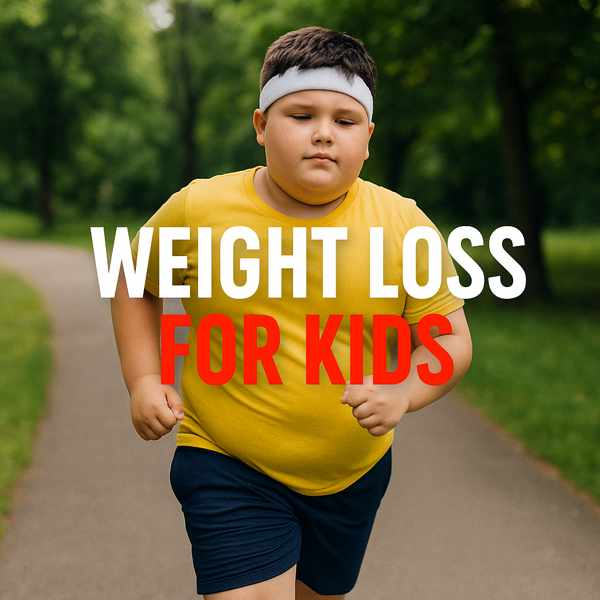Helping Children Achieve a Healthy Weight
Helping Children Achieve a Healthy Weight
Blog Article

Childhood obesity is becoming a growing concern in many parts of the world.
Helping children achieve a healthy weight involves creating lifelong habits, not strict dieting or quick fixes.
Understanding Childhood Weight Gain
Children may gain weight due to a mix of factors, such as:
- Sedentary lifestyles
- High intake of sugar, fast food, and empty calories
- Emotional eating
- Affects hunger hormones and metabolism
Addressing the root causes helps create long-term solutions.
Recognizing Unhealthy Patterns
Look for:
- Sudden or steady weight gain
- Could signal health or confidence issues
- Avoiding physical activities or group sports
- Changes in eating behavior
Always consult a pediatrician before making major changes.
How to Encourage Healthy Habits
Start with small, sustainable shifts like:
- Family meals with home-cooked food
- Make meals colorful and fun
- Switching soda for water or milk
- Incorporating daily movement
Make changes together so your child feels supported, not singled how to lose weight as a kid out.
Positive Approaches to Activity
Ideas include:
- Walking the dog as a family
- Encourages more active hobbies
- Joining community sports teams
- Family fitness challenges
The goal is consistency and enjoyment—not perfection.
Emotional Support and Body Image
Kids need:
- Positive reinforcement
- Weight loss is a side effect of better habits
- Avoid shame and secrecy
- No matter their shape or size
When kids feel good emotionally, they’re more likely to make healthy choices.
Working With Experts
It may be time to talk to a specialist if:
- Guidance can prevent harm
- Could indicate deeper struggles
- Weight gain continues despite healthy changes
- You feel overwhelmed as a parent
Conclusion
Weight loss for kids is not about restriction—it’s about supporting lifelong wellness.
Start small, stay kind, and focus on health, not numbers. Report this page